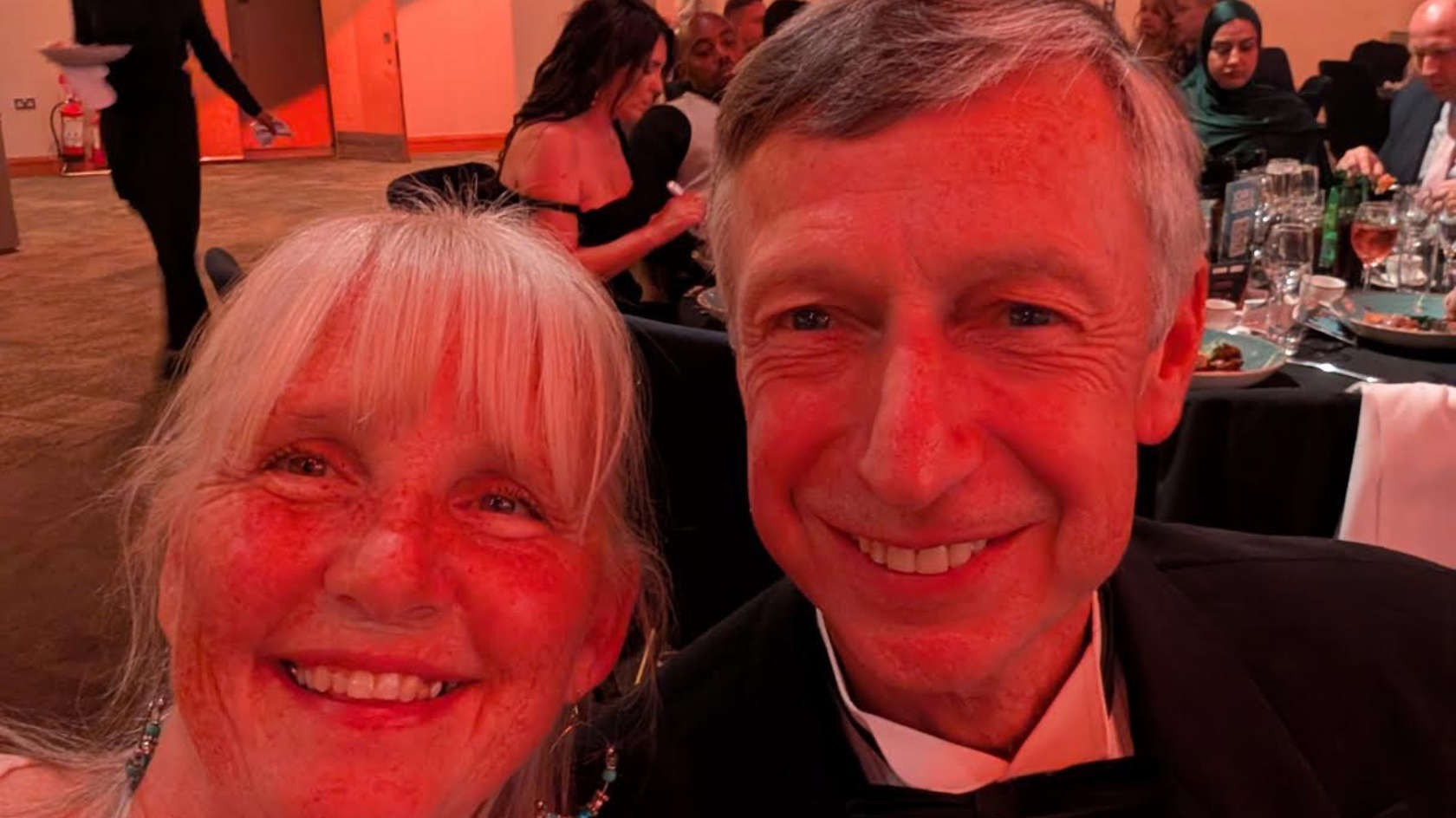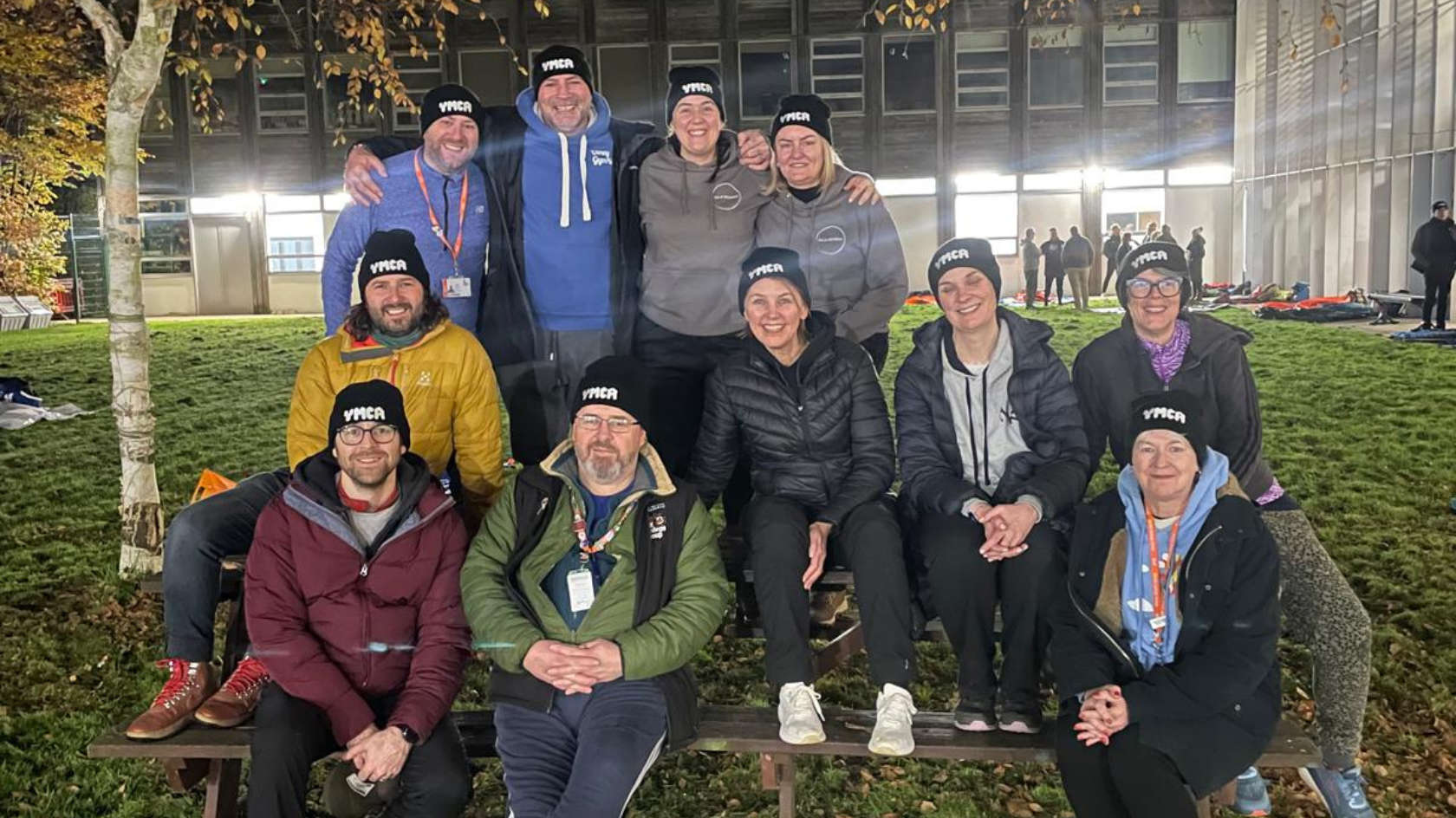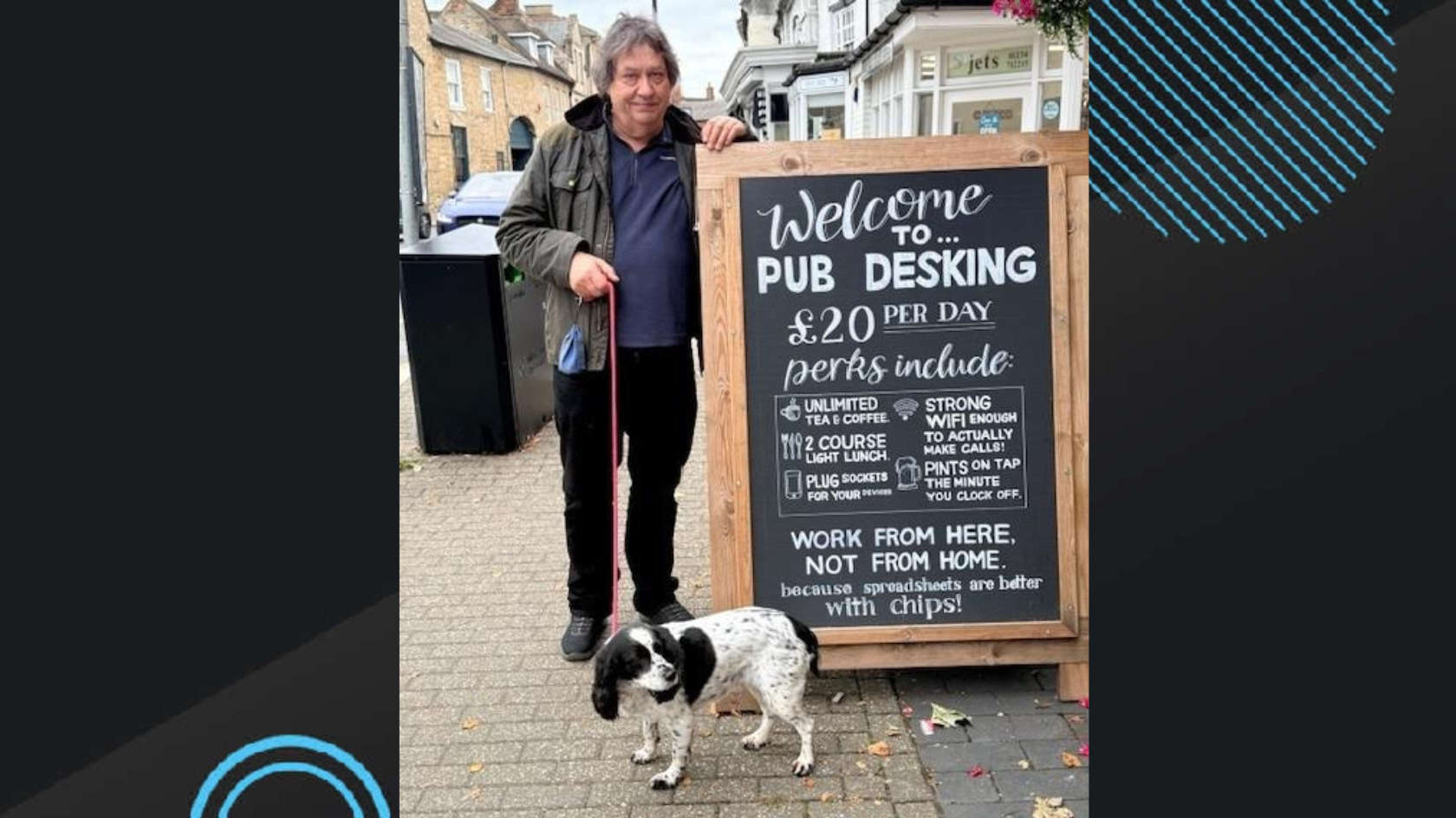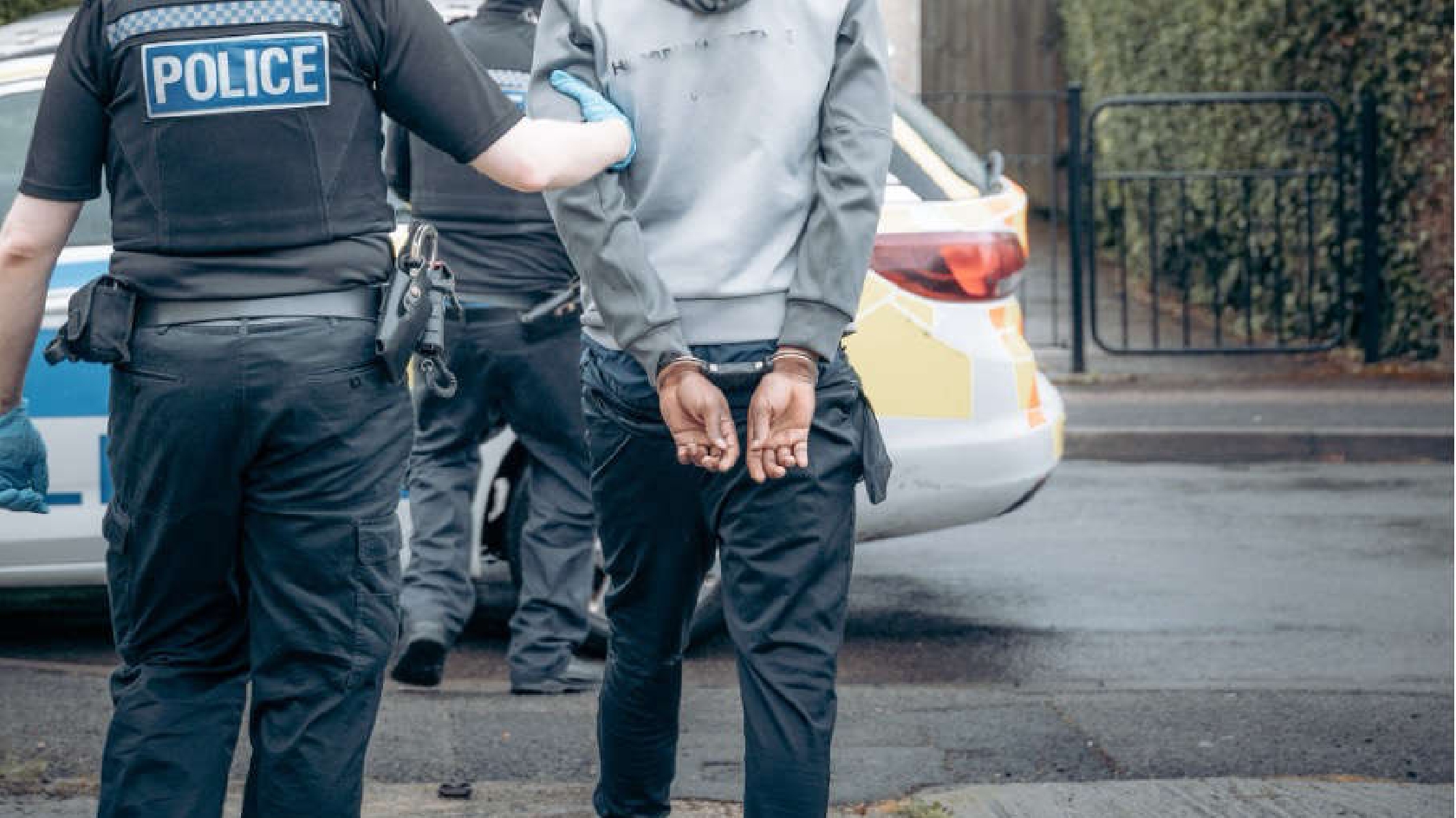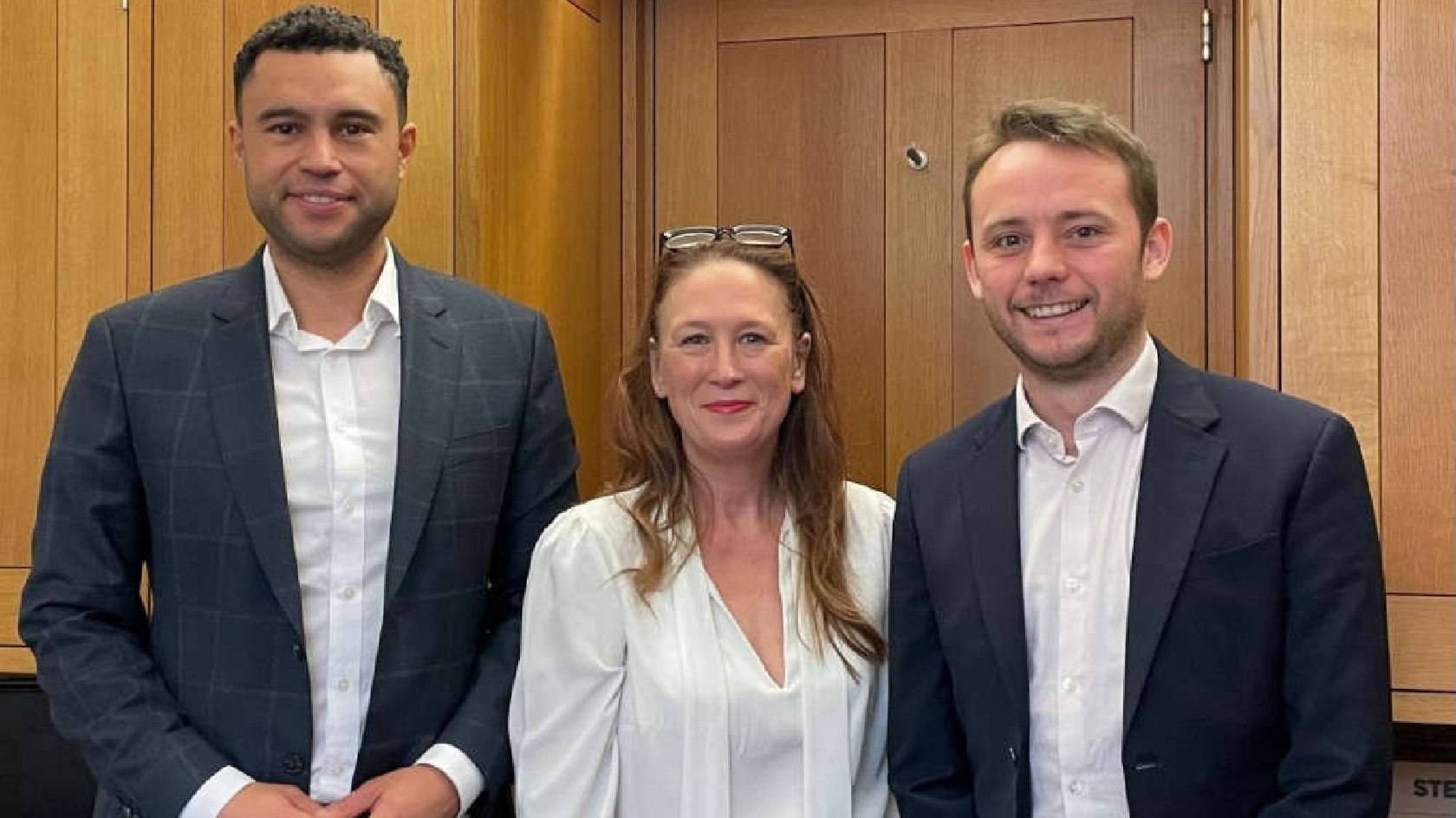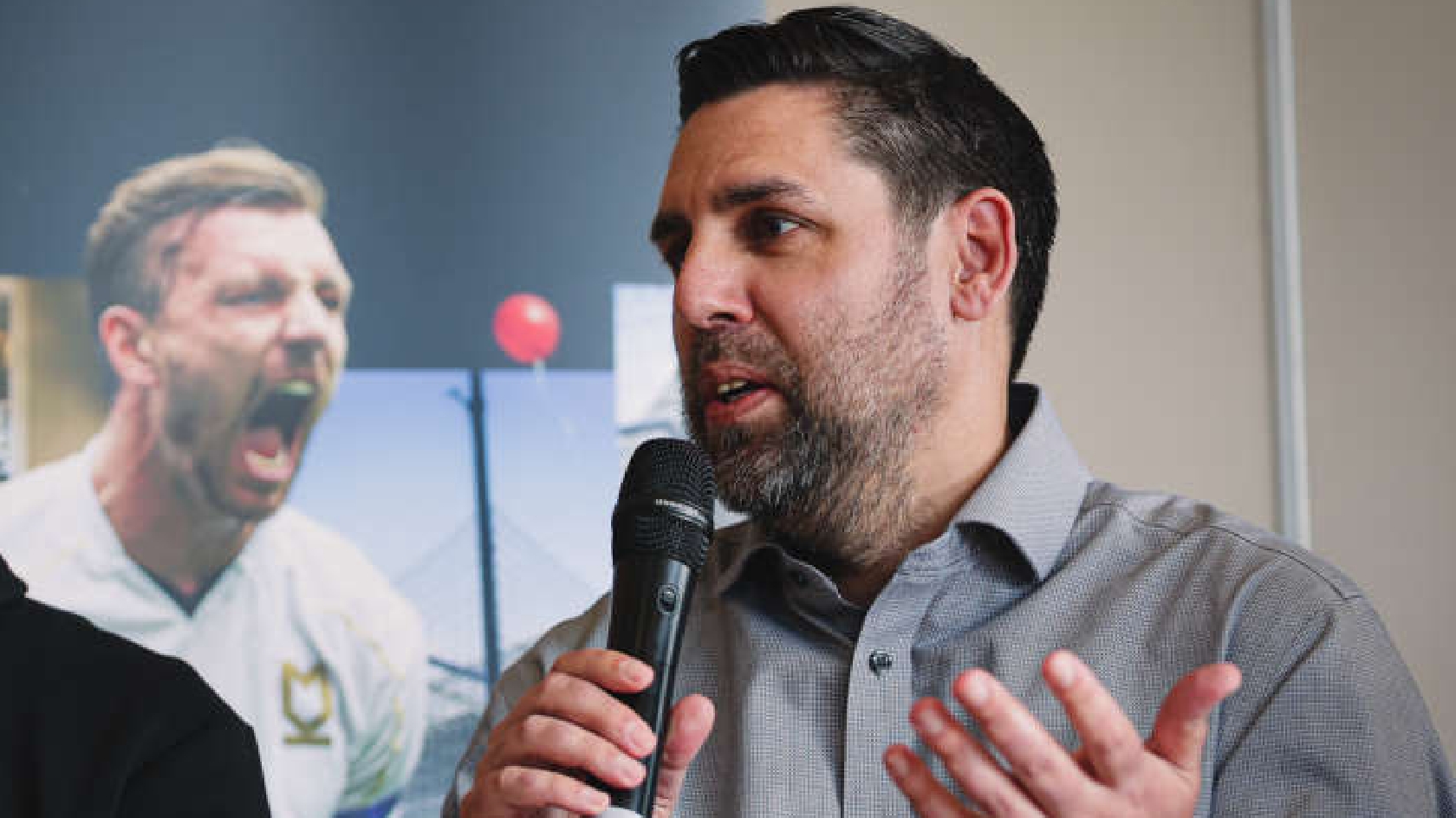
If you've ever spent your morning commute daydreaming about starting afresh with your career, this feature is for you. Each Monday, the Money blog team speaks to someone from a different profession to discover what it's really like. This week, we chat to veteran private investigator Mike LaCorte.
Our fees vary depending on complexity, jurisdictions and objectives… A standard surveillance job might cost anywhere from £1,500-£2,500 a day. A due diligence report for a corporate merger could be £5,000-£15,000. Blackmail resolution involving travel, cyber support, and legal coordination might start at £25,000 and scale up. Longer-term retainer risk management models are where we earn the most.
Here's one of my secrets for investigating... People often reuse usernames. By tracking a username across platforms, databases, and forums, you can build a surprisingly complete profile, even if the person thinks they've been discreet.
Curiosity, genuine, relentless curiosity, is the single most important skill in this profession… You have to be deeply interested in people, behaviours, patterns, and anomalies. It's that instinct to ask why, to dig one layer deeper than everyone else, that often leads to the breakthrough. You can teach someone the technical elements, but curiosity, in my opinion, can't be taught. It's either part of your mindset, or it's not.
Read more from our What It's Like To Be A.... series
'I'm self-taught celeb photographer, can earn up to six figures for one job and work with celebrities all over the world'
'I've sculpted the late Queen and charge upwards of £40,000'
What it's really like being a novelist
There isn't one set path... I entered the industry at a time when training was scarce, so much of it was hands-on. Today, I encourage new investigators to take formal courses, join professional associations like the ABI and continually educate themselves.
Reputation is everything... If you've delivered results under pressure and acted with integrity, people remember and recommend you. We don't advertise in the traditional sense.
Blackmail cases are increasingly common... especially in high-net-worth circles. Crypto scams and family disputes involving hidden wealth are also on the rise. Our other most common cases include...
- Asset tracing (domestic and international);
- Surveillance (especially in matrimonial or employee gardening leave investigations);
- Due diligence on companies and individuals;
- Crypto fraud and scam investigation;
- Missing person or parental abduction cases;
- And litigation support for law firms.
Success in my industry is often difficult to shout about… The most significant wins usually happen quietly, behind closed doors, under strict confidentiality. That said, one standout moment was being awarded Investigator of the Year by the World Association of Detectives in 2017 in Bucharest, which was a rare moment of public recognition in a very private world. The case involved a high-profile international blackmail scheme targeting an individual at extreme personal and reputational risk. We uncovered the blackmailers, neutralised the threat, and restored the client's safety and peace of mind. It was a complex operation involving digital forensics, covert surveillance, and cooperation with the UK police and is one of the most satisfying cases I've led.
I've traced hidden assets across multiple jurisdictions in a contentious divorce... and exposed a romance scam that spanned two continents.
I find myself deeply affected by any case involving... vulnerable individuals. Especially young people at risk, survivors of abuse, or families desperate for answers.
A Canadian family reached out in absolute distress... Their daughter had travelled to the UK to meet a man she'd only known via an online chatroom. She was over 18, so the authorities weren't particularly responsive, despite growing concerns about her safety. The family feared she was being manipulated or held in a coercive environment. We stepped in, traced her location and quickly identified signs that she was in a highly vulnerable and potentially dangerous situation. Through sensitive and careful handling and liaising with the authorities, we were able to intervene, safeguard her and help facilitate a safe return. Afterwards, her family sent me a photo of them all reunited, smiling and hugging. That image is something I'll never forget. It reminds me that what we do isn't just investigative, it's personal. These aren't just cases; they're people's lives.
Private investigation salaries can vary significantly… A newly qualified professional investigator might earn around £20-£30,000, often working irregular hours, subcontracting for agencies, or building up their own portfolio. Earnings can increase to more than £50,000. If you own your own agency, like I do with Conflict International, income potential becomes far greater. Running multi-jurisdictional investigations and serving high-net-worth clients or corporate entities can mean annual earnings stretching into six figures.
I regularly work over 60 hours a week… Operating globally means my phone rings at all hours. When a client calls from Dubai at midnight UK time, you need to answer. It's not uncommon for me to jump on a flight the next day or manage multiple live cases across different time zones. That said, I do try to schedule three to four breaks a year, ideally somewhere quiet where I can get in lengthy cycles and switch off. But I'm never fully offline. It's a lifestyle, not a 9-to-5 job.
The biggest misconception of being a private investigator is... That it is all action-packed, glamorous work, like something out of a James Bond film or a Sherlock Holmes novel. People imagine car chases, dramatic confrontations, or sitting in dark rooms connecting red string on cork boards. The reality is quite different. Most of the work is slow, deliberate, and detail-oriented.
Some elements of the job match TV detectives... Like using disguises or running surveillance operations. But there's far more legal compliance, GDPR navigation, and ethical decision-making than TV ever shows. We're not vigilantes, we operate within strict legal frameworks, often under intense scrutiny.
We routinely turn down work that raises red flags... Sometimes it's obvious: someone wants us to "follow" an ex-partner under suspicious circumstances, or they're trying to use our services to gain leverage in a personal dispute without legal cause. We've had people ask us to access private messages, hack social media accounts, or "ruin someone's life".
There are a few things I sometimes dislike about my job... Chasing unpaid invoices is definitely one of them. We put in a huge amount of time, care, and specialist expertise into our work, often under immense pressure, so having to chase clients who go quiet once they've got what they need is not only frustrating but disheartening. But, sometimes, the hardest part is seeing the truth, knowing exactly what's happening, but being unable to act due to legal limitations, jurisdictional issues, or a client's decision not to pursue it. Despite all that, I wouldn't change what I do. But yes, like any job, it comes with its shadows.

(c) Sky News 2025: 'I'm a private investigator - here's how much we cost and common mistake that helps us crack cas




